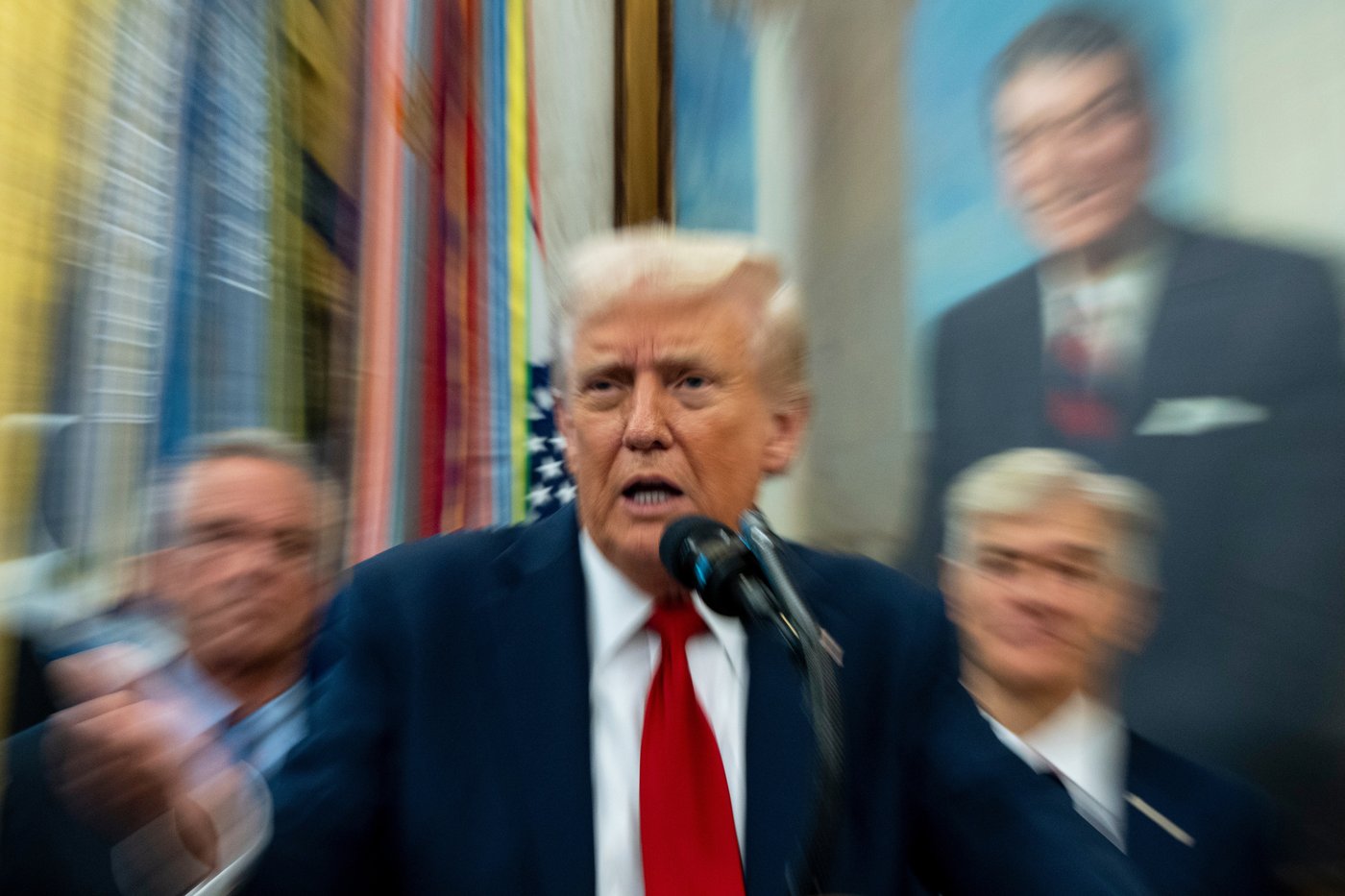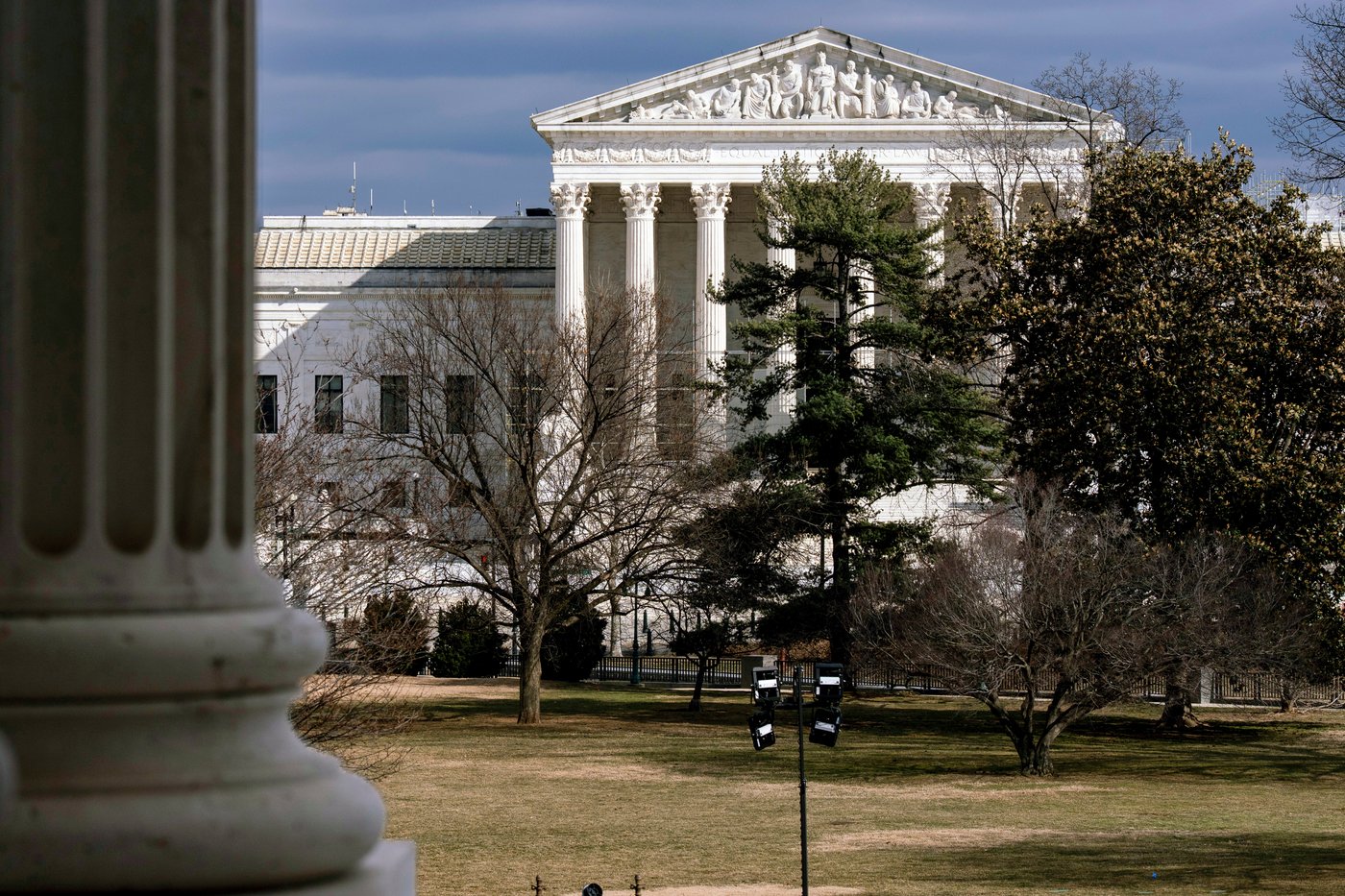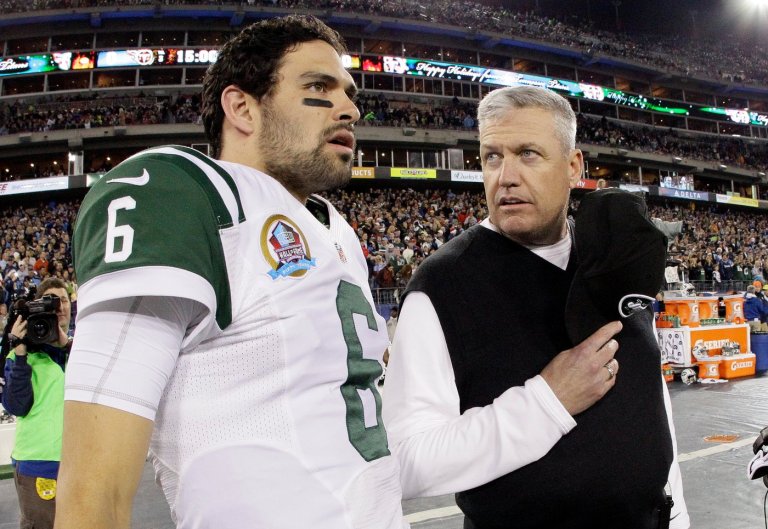
Legal setbacks mount for Trump’s birthright order before likely Supreme Court review
BOSTON (AP) — Over a span of a month this summer, four separate federal courts rejected President Donald Trump’s executive order ending automatic citizenship for the children of people in the country illegally or temporarily.
On Friday, one more court weighed in, and the result was no different.
A three-judge panel of the 1st U.S. Circuit Court of Appeals in Boston said in a unanimous decision that the Republican president cannot enforce the order. The court joined the four others that earlier had issued or upheld decisions blocking it nationwide.
The U.S. Supreme Court is almost certain to have the final word on birthright citizenship. The Trump administration has already asked the high court to take up the issue.
Federal judges have made clear how much his order conflicts with Supreme Court precedent, to say nothing of the Constitution. The Supreme Court is not bound by what those lower court judges have said or even its own past rulings. Nonetheless, those losses could mean an uphill fight for his administration even in front of the justices, who have so far sided with the president on many legal challenges to his effort to remake the government.
The 14th Amendment
The right to citizenship at birth has long been a bedrock principle in the United States, widely accepted to have been granted by the 14th Amendment to the Constitution in 1868. It was intended to ensure that Black people, including former slaves, had citizenship.
The amendment includes a citizenship clause that says all people born or naturalized in the U.S. and “subject to the jurisdiction thereof” are citizens.
Administration lawyers have argued that inclusion of the phrase “subject to the jurisdiction thereof” means that citizenship is not automatically conferred to children based on their birth in the U.S. They contend it requires children to have primary allegiance to the U.S., and people who are in the U.S. illegally or temporarily — and by extension, their children — cannot claim that because their permanent home is another country to which that allegiance is tied.
White House spokesperson Abigail Jackson said in a statement Friday that the 1st Circuit was misinterpreting the 14th Amendment.
Legal scholars say the administration’s interpretation is countered by the amendment’s history and subsequent Supreme Court rulings.
Experts say members of Congress who debated the amendment clearly understood it would establish an expansive definition of birthright citizenship that included the children of immigrants, and they meant the phrase “subject to the jurisdiction thereof” as subject to U.S. law. The children of Native Americans on tribal land and the children of foreign diplomats — both of whom had immunity from U.S. sovereign authority — were the primary groups of people the clause was meant to exclude from birthright citizenship, according to scholars.
Supreme Court rulings
In 1898, the Supreme Court, in a landmark decision, found that the son of Chinese immigrants was a U.S. citizen under the 14th Amendment, based on his birth in San Francisco. The high court has never ruled directly on the citizenship clause’s application to children of immigrants who are in the U.S. illegally, but a footnote in a 1982 decision suggests there should be no difference between them and the children of foreign-born parents who are in the U.S. legally.
The court’s conservative majority took up a challenge to the birthright order earlier this year, but did not decide its constitutionality. Instead, the court used the case to issue a ruling in June limiting the power of lower courts to issue nationwide injunctions, a victory for the administration.
Lower court decisions
Starting with a federal judge in New Hampshire, court after court has blocked the order.
The justices in June did not rule out court orders with nationwide effects in class-action lawsuits and lawsuits brought by states.
Two of the judges who recently ruled against the birthright order certified a class of all children born in the U.S. after the order’s February effective date who would be denied citizenship on its basis.
In two other rulings, courts agreed with states that a patchwork approach to implementing the order would not relieve them of its financial burden, noting the regular movement of people between states and the possibility of a state resident giving birth in another state. Citizenship status is a prerequisite for certain government benefits, so the plaintiff states would have to overhaul their eligibility systems to account for such distinctions, the rulings by the 9th U.S. Circuit and a federal judge in Boston said.
The 1st Circuit said its decision was easy.
“The length of our analysis should not be mistaken for a sign that the fundamental question that these cases raise about the scope of birthright citizenship is a difficult one,” Chief Judge David Barron wrote. “It is not, which may explain why it has been more than a century since a branch of our government has made as concerted an effort as the Executive Branch now makes to deny Americans their birthright.”
White House response
In her statement on Friday, Jackson said the administration looked forward to “being vindicated by the Supreme Court.”
To enforce the order, government officials would need to confirm parental citizenship or immigration status before issuing Social Security numbers. Passport applications would also require proof of parental citizenship or immigration status, according to recent guidance documents from the administration.
___
Thanawala reported from Atlanta.

Join the Conversation!
Want to share your thoughts, add context, or connect with others in your community?
You must be logged in to post a comment.
















